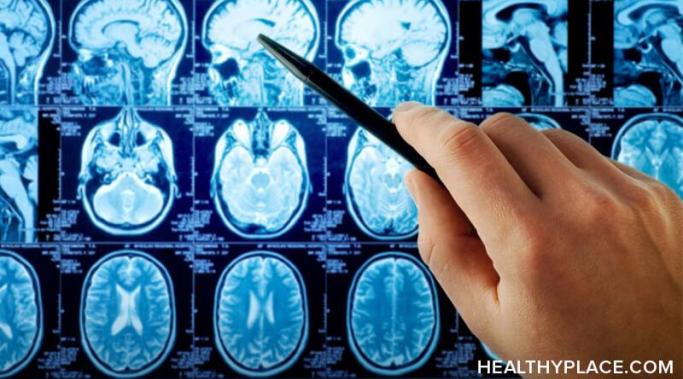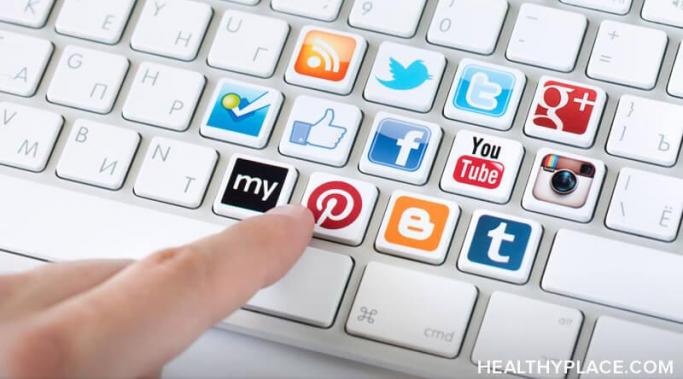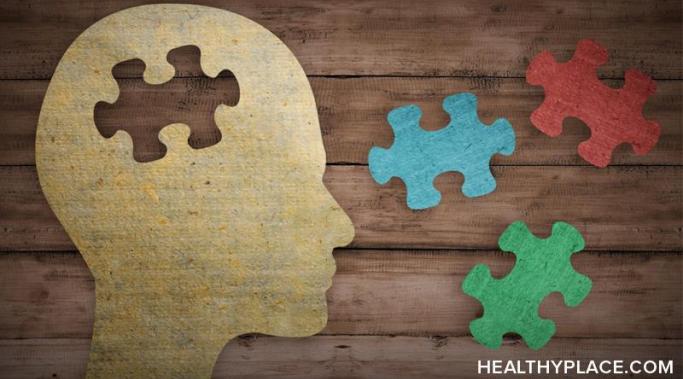Head injury and anxiety (and other mental health-related consequences like depression and posttraumatic stress disorder [PTSD]) are related, and neuroscientists are increasingly understanding and able to explain why. What they are discovering is that concussions can cause new anxiety, and they can worsen existing anxiety. This relationship between head injury and anxiety is important.
Anxiety Causes
Does social media cause anxiety or not? Though social media is often seen as something that provokes anxiety, I find that social media platforms can be useful in alleviating my anxiety symptoms. I am anxious when I see disturbing news or opposing political views on my social media. But having an online support group for my anxiety disorders and my life, post-divorce, has been invaluable to me. For this and many other reasons, I find my social media to be a bit of a double-edged sword regarding anxiety management and knowing whether social media is causing anxiety.
How often do you feel anxiety over time? Do you feel pressured and rushed, anxious because there’s never enough time or because time seems to be flying by too quickly? Time and anxiety are cruel partners, getting in your head and causing worry, even panic. William Penn said it well: “Time is what we want most, but what we use worst.” We want extra time, and when we feel it slipping, we become anxious. The notion that we’re not spending our time well can haunt us, plague us with guilt and cause more anxiety. Even if you’re strapped for time, read on for helpful information.
Obsessive-compulsive disorder (OCD) doubt and uncertainty is something I've struggled with since I was a young child. Obsessive-compulsive disorder is often dubbed “the doubting disease” because it makes you second-guess yourself. And uncertainty about life can make my anxiety skyrocket. Obsessive-compulsive disorder doubt and uncertainty about life can be debilitating, but I am finding small ways to cope.
Anxiety while driving is commonplace for me. Due to generalized anxiety disorder (GAD), my brain magnifies my anxiety while driving. Even driving to a nearby store turns into a worst-case scenario in my mind’s eye. Some of this anxiety seems reasonable. Other fears involve driving activities that don’t distress the average person. When I drive, there is a specific driving anxiety I can’t conquer. I have a fear of getting into a car accident while making left turns in traffic.
If you experience work anxiety, do you find yourself losing sleep over your job, tossing and turning and staring at the ceiling as you ruminate over what went wrong, what you did wrong, and what you will do wrong at work? Do you find it hard to get out of bed because you fear what the workday has in store for you? Maybe you have anxiety attacks even before leaving the house. When you experience any of this, your anxiety casts its evil spell and has you under its control even before you enter your workplace. Starting the day this way is a set-up for yet another daily struggle with anxiety. This battle with work anxiety gets in the way and holds you back from fully doing the job you need and want to do.
True or false: Anxiety is a real mental illness? That is a bit of an irritating question, isn’t it? For one thing, it’s a true-or-false question, and those are inherently obnoxious. I’ve never been a black-and-white thinker, and from kindergarten through graduate school, I struggled with true-or-false questions because I couldn’t see absolutes. Things haven’t changed for me in this regard. Regarding the statement "anxiety is a real mental illness," I can see that the statement is both true and false. I realize that this is a vague and probably unsatisfactory answer to a hotly debated topic. Here’s a look at that question and its answer (or lack thereof).
Is it anxiety or a medical condition? It can be hard to tell because anxiety can feel miserable throughout the entire body, and symptoms can be frightening enough to cause people to wonder if they have anxiety or a medical condition. Not knowing what your symptoms mean can increase existing anxiety or cause new anxieties and worries. Of course, that can worsen physical symptoms and that, in turn, increase worries. Worrying whether you have anxiety or a medical condition can become a vicious cycle of worry, physical discomfort or pain, and worsening mental-- and physical health. Knowing what medical conditions share symptoms with anxiety can help you sort out the healing approach that is best for you.
Anxious negative thoughts play a huge role in the worries, fears, and what-ifs of all types of anxiety. In turn, the worries, fears, and what-ifs fuel anxious negative thoughts. The relationship between our thoughts and our anxiety is complex, enmeshed, and downright unhealthy for us. That said, you are neither a victim nor a prisoner of your anxious negative thoughts. Despite how it might seem, you can change how you think and reduce anxiety in the process by making one shift.
Do you hate the anxiety that uncertainty causes? Does not knowing cause you intolerable stress? If not knowing what might happen, officially called uncertainty intolerance, makes you worry so much that it’s interfering with your life, know that you’re not alone. Many people who have anxiety, whether or not it’s an anxiety disorder such as generalized anxiety disorder (GAD), also have difficulty living with any sort of uncertainty.









